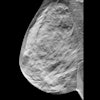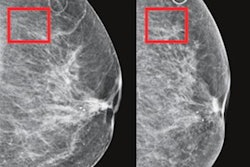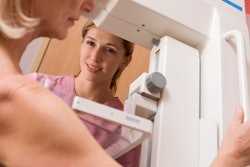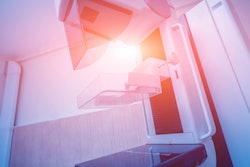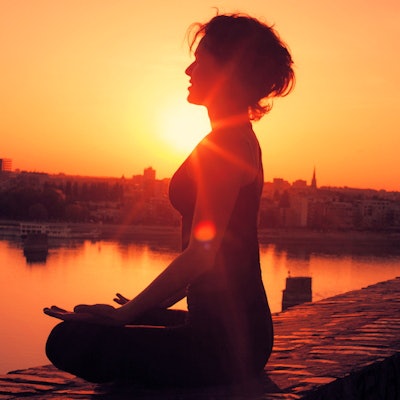
Working outdoors may come with the benefit of a lower risk of breast cancer, according to a study published on February 1 in Occupational & Environmental Medicine. Researchers found working outdoors for decades was tied to a lower breast cancer risk for women ages 50 or older.
The study included 38,375 Danish women with breast cancer and 191,875 matched controls. The team behind the study attributed their findings to long-term vitamin D exposure.
"Previous epidemiological studies have indicated that solar ultraviolet B radiation (UVR) may have a protective effect on breast cancer," wrote the authors, led by Julie Elbaek Pedersen, from the Danish Cancer Society Research Center in Copenhagen, Denmark.
The study used detailed, anonymized patient data from the Danish Cancer Registry, Danish Civil Registration System, and Danish Supplementary Pension Fund Register. This included breast cancer risk factors such as socioeconomic status and number of births, as well as employment information, such as industry and years worked.
One author categorized every job within an industry according to presumed average occupational ultraviolet radiation (UVR) exposure. The team used this metric to estimate each woman's lifetime UVR exposure at work.
The authors found no overall effect of occupational UVR exposure on breast cancer risk. But the results became statistically significant after they adjusted for breast cancer risk factors.
After adjustment, women with at least 20 years of UVR exposure at work had 15% lower odds of developing breast cancer (odds ratio [OR], 0.85). The odds lowered by an additional 2% for women ages 50 or older (OR, 0.83).
Older women with higher cumulative exposure to UVR were also less likely to develop breast cancer. Women ages 50 or older with the top quarter of occupational UVR exposure had an 11% lower risk of developing breast cancer (OR, 0.89).
The authors attributed the link between work UVR exposure and breast cancer risk to vitamin D, which is essential for health and has properties that promote cell healing and biological processes. In addition, solar radiation is an important source of blood vitamin D levels, and prior studies have found that people who work indoors have significantly lower serum vitamin D levels.
Other possible explanations for the relationship between outdoor work and lower breast cancer risk could include the effect of sunlight on circadian rhythms and daily activity levels. The authors hope future studies will continue to investigate this relationship and to look at additional confounding factors.
"This large-scale, population-based, case-control study indicates that occupational UVR exposure may have a slightly protective effect on the risk of breast cancer after the age of 50, independent of hormone receptor status," the authors concluded. "This association needs to be confirmed in future studies with more refined analyses including important confounders."
